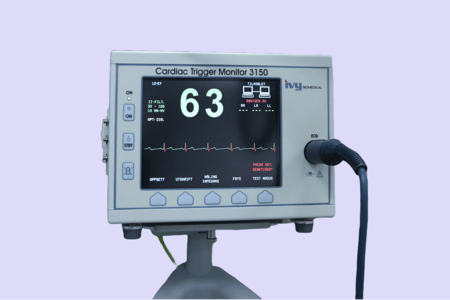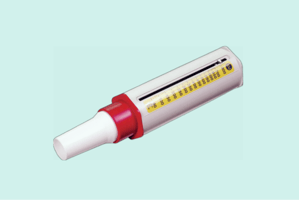At a time of rising awareness of the importance of lifestyle choices, health assessment software is...
A reality check for our Health system

The public health systems in the UK and Ireland need a dose of realism. There isn’t enough money in the public finance pot to keep funding public healthcare as it operates today. Politicians scrambling for more money for this or that department might work when the country is awash with cash, but the reality is that the cash just isn’t there anymore.
So we need to approach this from a different position.
Instead of struggling to supply more resource - we need to reduce the demand, so that less people need expensive hospital visits in the first instance.
This is genuinely achievable, and it’s not expensive.
It's achieveable by finding people who are more likely to get ill in the future, empowering them with an awareness and understanding of their own health data, in plain english, so that they (and their clinicians) can act on it.
Imagine if everyone who is going to get a cardiac arrest or a stroke in the next 18 months got a clear communication today from a doctor that it was likely to happen. If we did this, it’s obvious that most of those emergencies 18 months down the road wouldn’t occur. In general (it'll never be true 100% of the time), people would either change their lifestyle to avoid the illness, or get prescribed the right medication to keep them out of hospital.
But the reality is that we don’t go out there and find people who will become ill and address it before it requires a (much more expensive) hospital intervention. Instead, we wait for them to have the stroke or cardiac arrest. Then the public purse has to deal with the enormous cost and the patient has to deal with the lower quality of life (if they are still living).
Preventing health emergencies from happening is the only way to reduce the mostly avoidable illnesses that plague our healthcare system.
Getting everyone in the population to have a high quality, but cheap (or free) health check where everyone spends 20 or 30 minutes with a doctor is impossible. For starters, there are not enough doctors (Ireland currently has a shortage of over 2,000 GPs according to the ICGP) and also there isn’t enough time nor money. We should make this approach the efficiency of airport security queues - everyone passes quickly through (ok - we realised the Summer of 2022 isn't a great example), and the process filters out people needing attention while moving everyone else on.
The only solution in the medical world is to leverage technology. Get participants to create a private account so they can host and retrieve their data, fill in questionnaires about lifestyle and medical history (the same questions the doctor would ask if they were sitting in a clinic!). Get them to walk into a venue close to them (a pharmacy for example) and have some basic measurements recorded and some blood taken. Then when the blood results are returned (and automatically loaded into the same system), a full interpretation can be done. Full Health has built technology to do all of this – most importantly the product uses algorithms refined over 12 years by doctors, so that it replicates their thought process. This means a real doctor can supervise hundreds of medicals by immediately finding the needle in the haystack (the person whose medical data points to a real problem). The doctor can deal with that person. The rest can be processed automatically. That’s the type off efficiency that can save a health system.
Full Health is proud to be working with the HSE, and with the CarePlus pharmacy network to drive this agenda forward.
See www.checkmyhealth.ie for more information.

